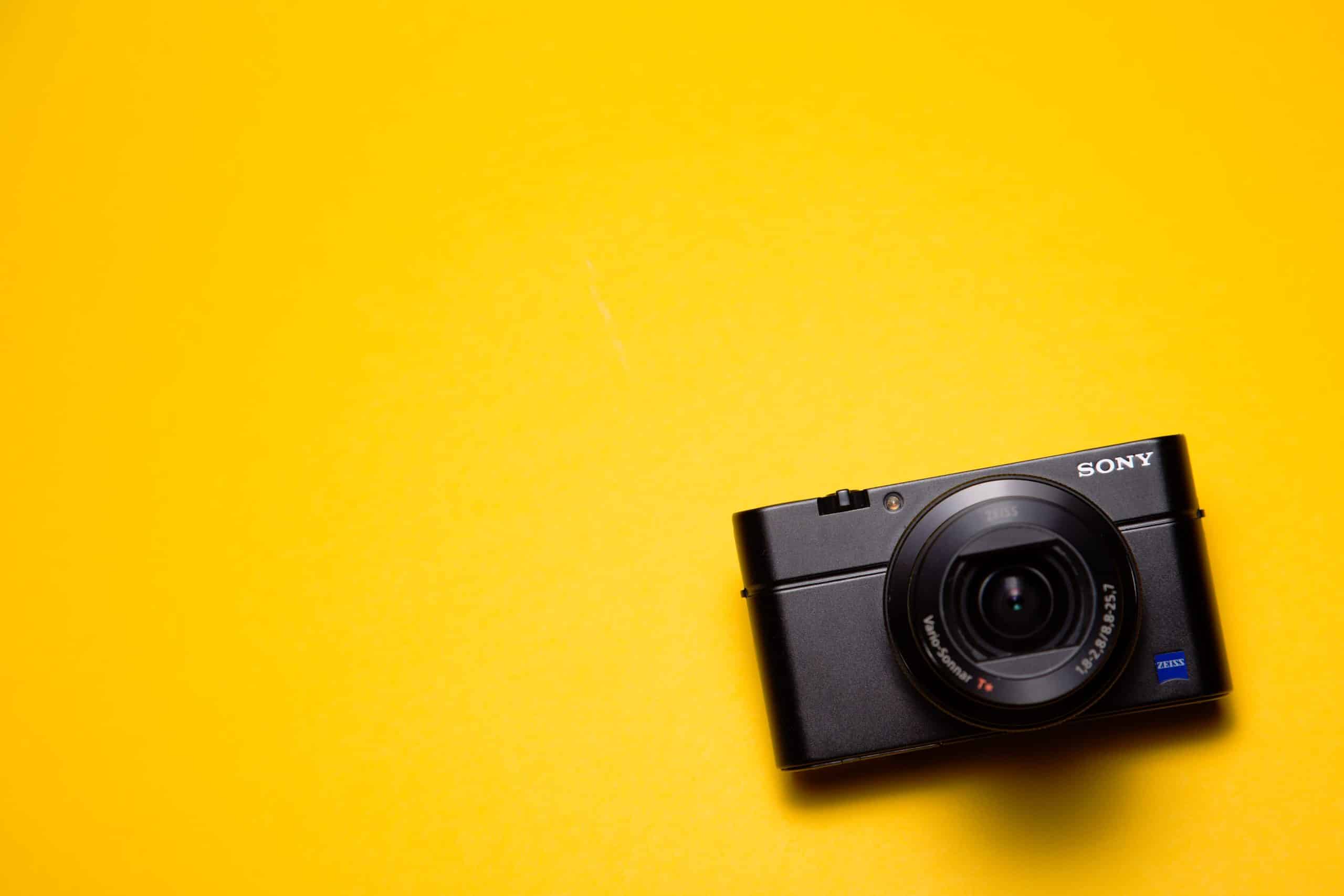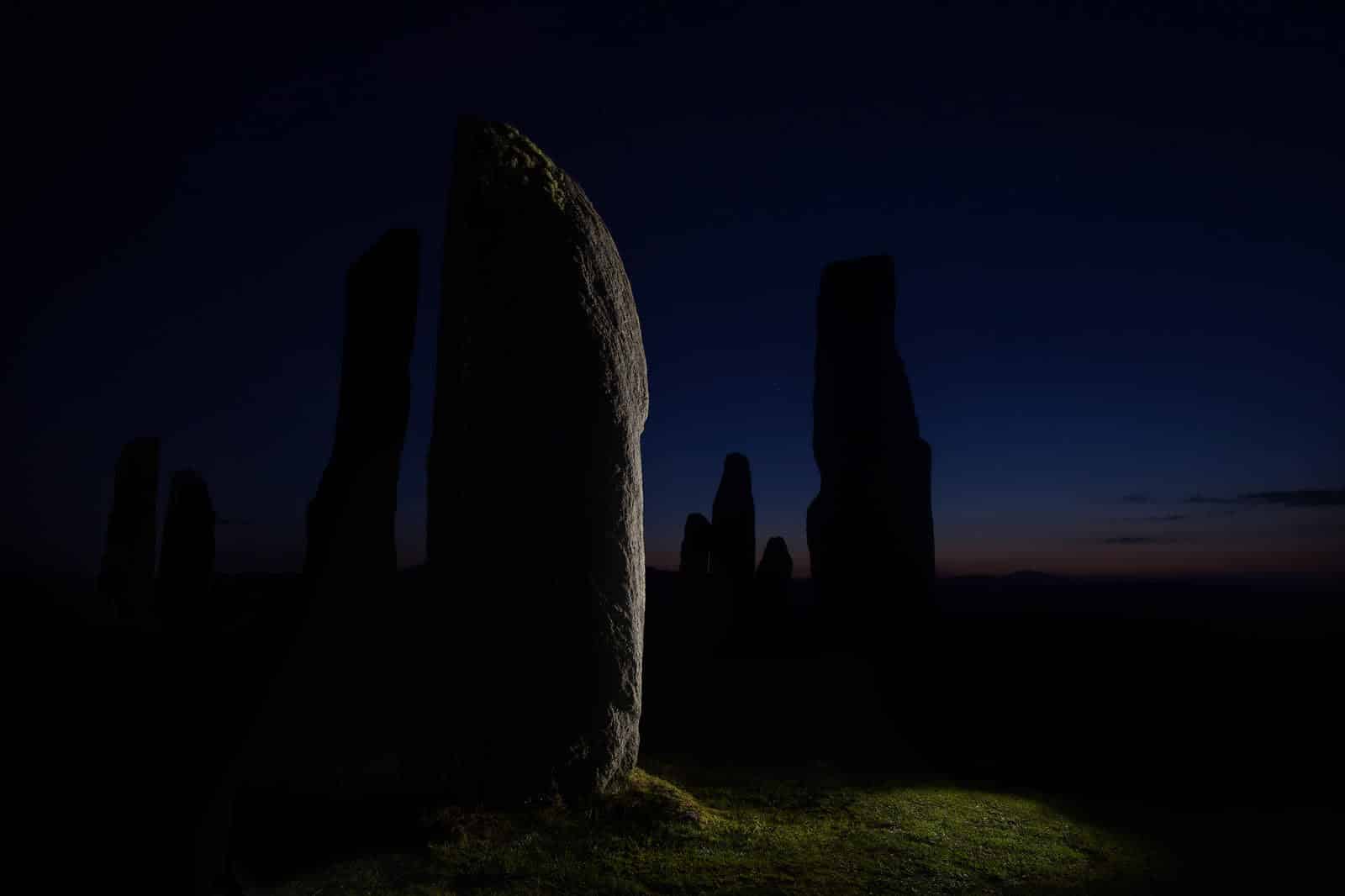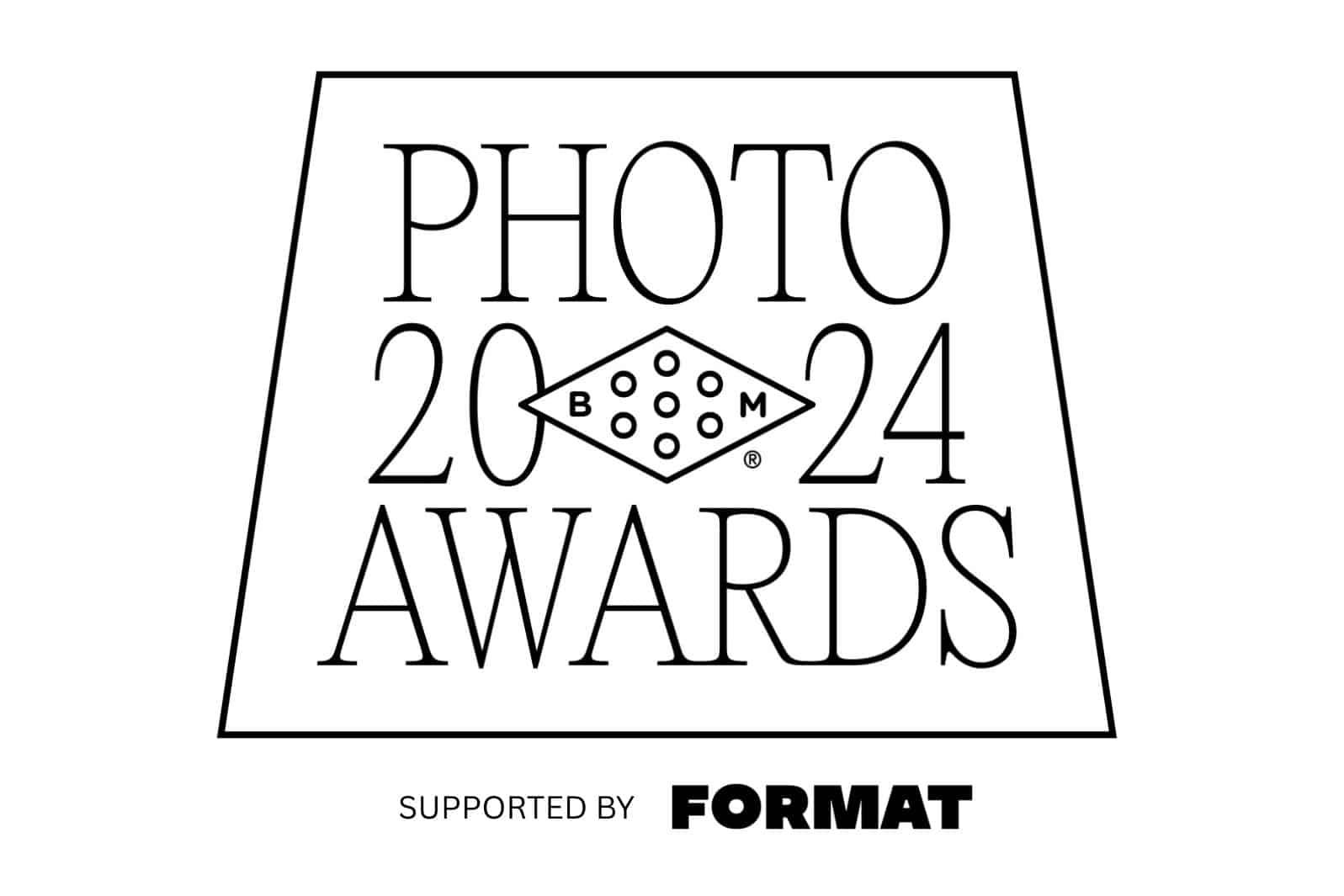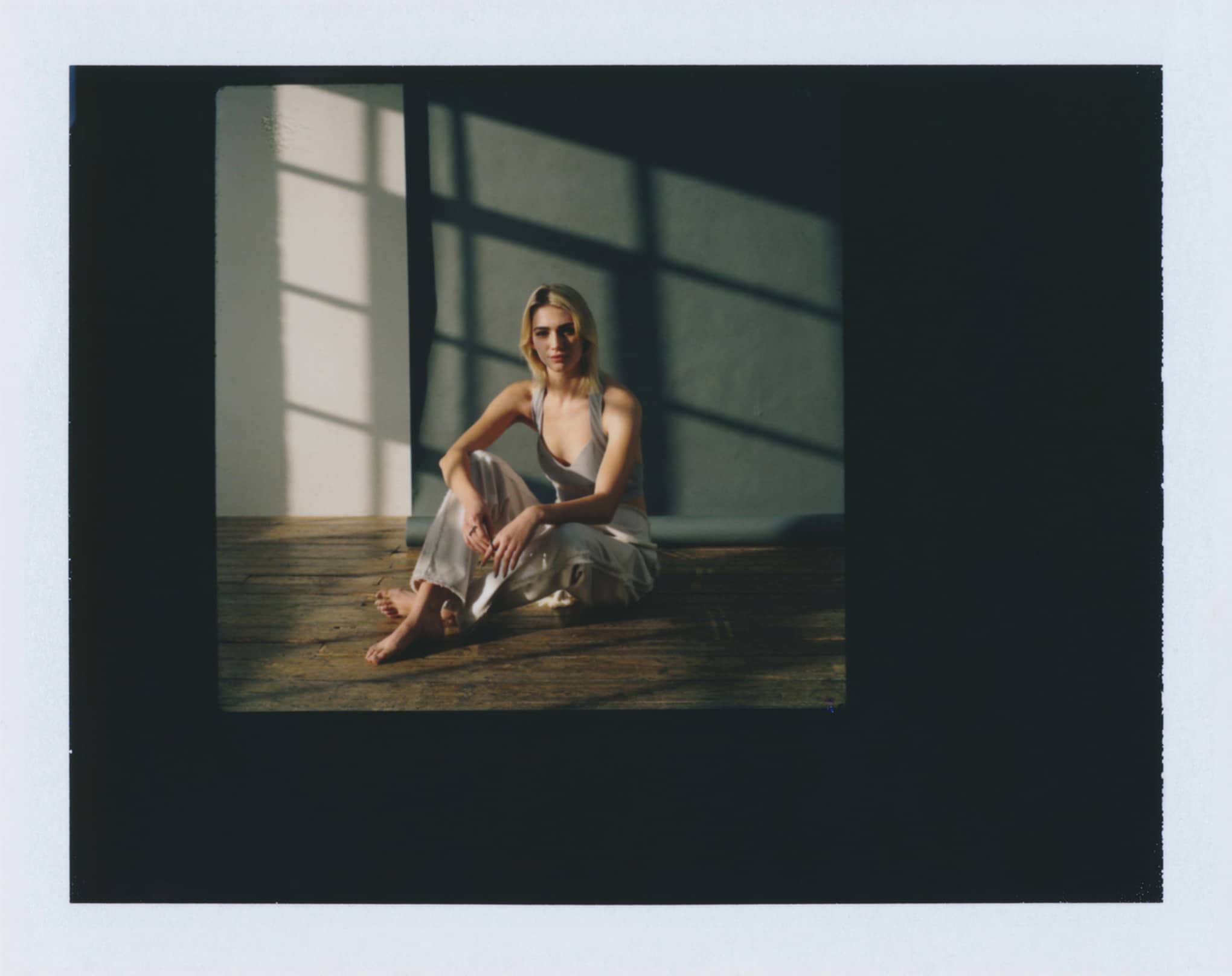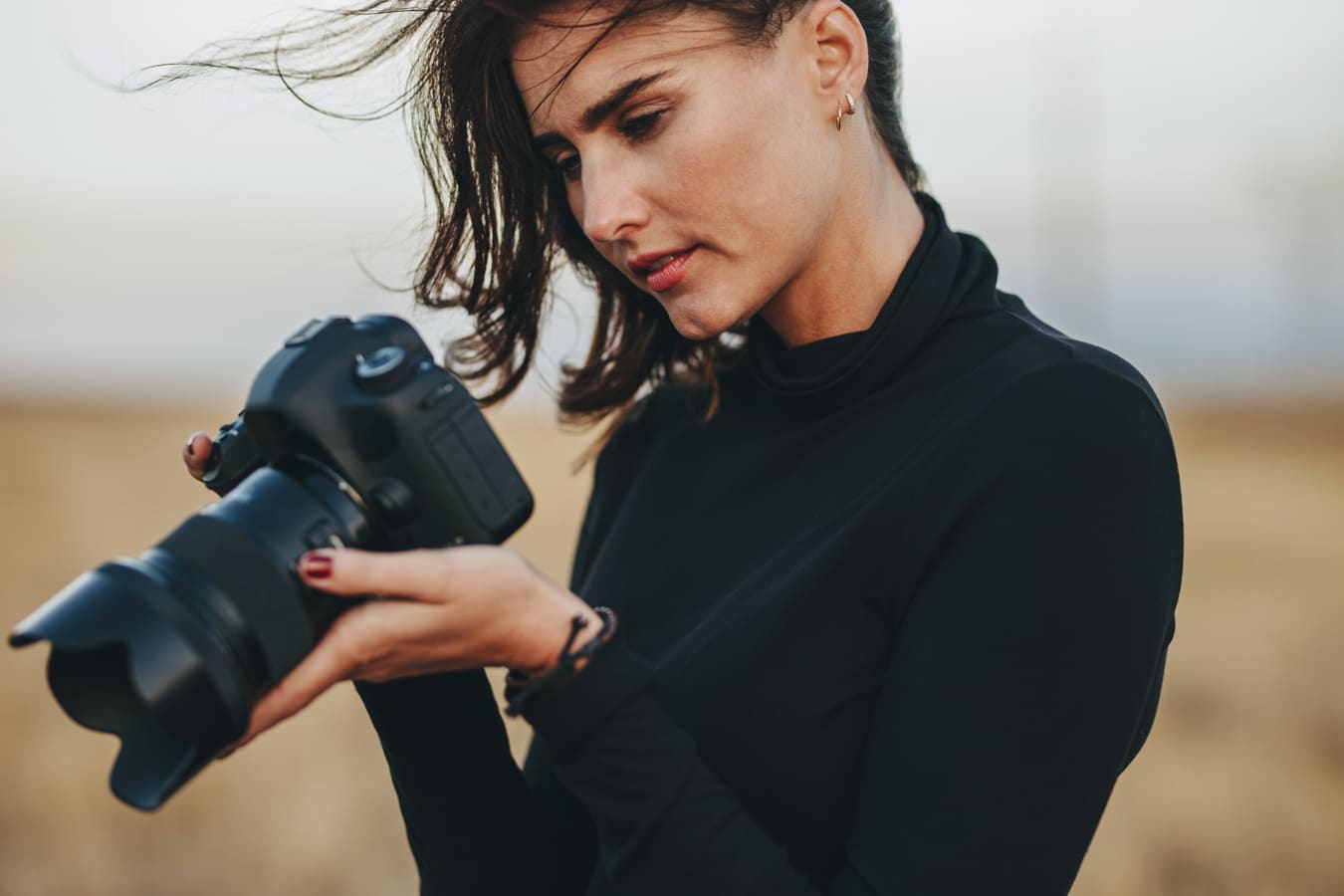In the photography world, a high-quality point-and-shoot camera can be a lifesaver. With their compact design, reasonable price tag, and range of pro features, it’s no wonder point-and-shoot cameras have become the gear of choice for many photographers. Investing in a top-rated point-and-shoot camera encourages you to bring your camera more places, and snap shots you may not have gotten otherwise, giving you even more amazing work to add to your online photography portfolio.
In order to compete with smartphone cameras and more expensive professional gear, manufacturers are creating point-and-shoot cameras with a light, sleek design; high resolution; and quality lenses. With so many options out there, it can be a little challenging to find the best point-and-shoot digital camera for your needs and budget. So, we’ve compiled a list of the top point-and-shoot cameras currently on the market, outlining the pros and cons of each one so you can buy with confidence and be smart about your gear. But first…
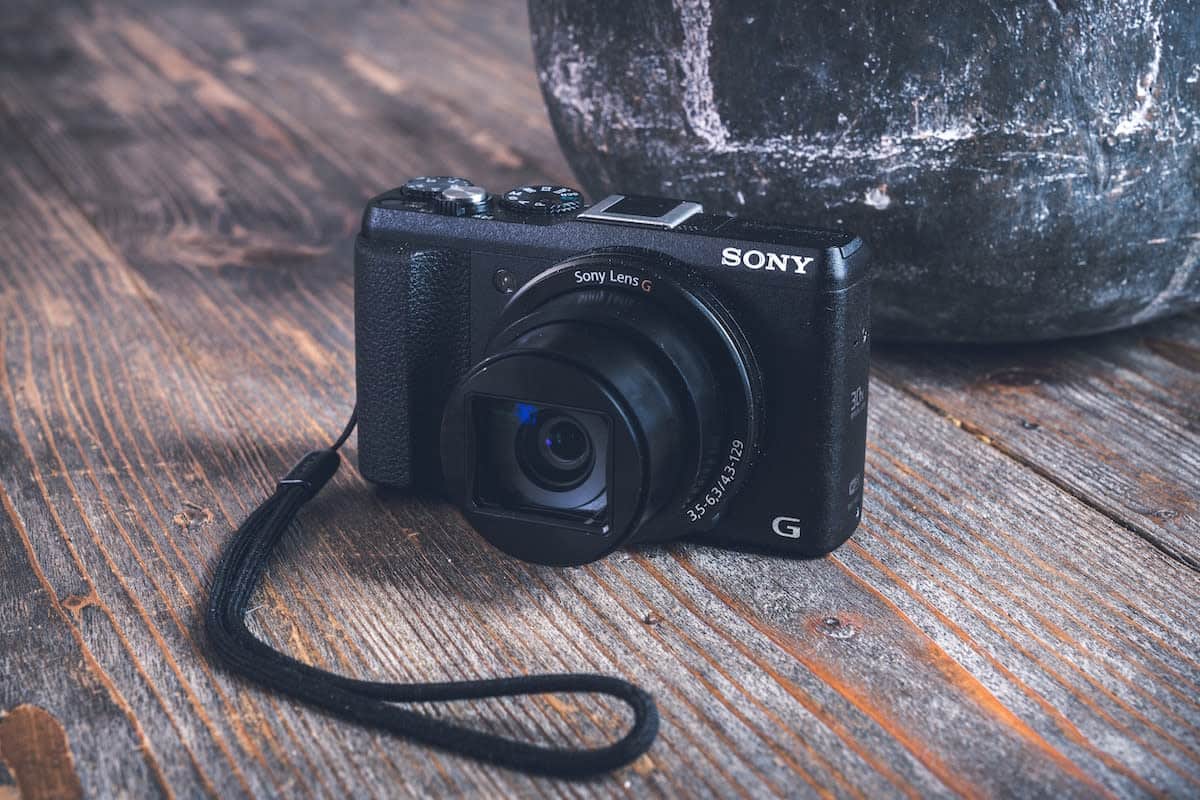
How Do You Choose the Best Point-and-Shoot Camera For You?
Start by considering your needs as a photographer, and what you tend to shoot on a day-to-day basis. Are you planning to use the point-and-shoot camera to do street photography or travel shots? Are you looking for a point-and-shoot camera for professional shoots, or more for casual shots of family and friends? Do you need a point-and-shoot camera that can double as a video camera in a pinch?
After you’ve determined your needs as a photographer, factor in your budget. Try to buy within your means and go for what you can afford. With so many different point-and-shoot cameras on the market, it should be easy to find one within your price range that won’t let you down.
Let’s take a look at your options!
The Best Overall Point-and-Shoot Camera: The Sony RX100 Mark IV
If you’re looking for a Sony point-and-shoot, look no more. Sony currently offers six RX100 cameras, but the RX100 Mark IV is the best Sony point-and-shoot currently on the market, boosting great features, high performance, and a compact size. With its user-friendly design and sturdy build, it’s no surprise this small point-and-shoot camera lands on most best-of lists year after year. Though it’s not a cheap point-and-shoot camera—it falls on the pricer end of our list at around $1,500—it’s a great option if you have some money to spend on a quality piece of gear.
The Pros
The Sony RX100 Mark IV offers a 20.1MP 1 in sensor and a ZEISS Vario-Sonnar T* 24-70mm f/1.8-2.8 optic. It also features a tilting LCD screen that turns all the way around to face the front, making awkward compositions easier to shoot, and a solid pop-up viewfinder. You can also easily shoot action shots with a 16 fps burst shooting mode and a maximum aperture at 100mm of f/4.9.
This point-and-shoot camera also doubles well as a video camera, with 4K video and HD recording in 30 fps, 1080p at up to 120 fps, as well as a slow-motion setting in 240, 480, and even 960 fps. Looking for a point-and-shoot camera with Wi-Fi? The Sony RX100 Mark IV has built in Wi-Fi and NFC, so communication between your camera and your smart devices is simple and cable-free.
The Cons
The battery life could be longer, as it doesn’t always hold its charge for long periods of time. It also doesn’t have the best grip on its body, making it a bit slippery to hold. Taking portrait images or landscape shots where you have to keep the camera steady for long periods of time may be tricky with the Sony RX100 Mark IV, unless you invest in a tripod.
Some photographers may also be deterred by the high price tag for this point-and-shoot camera, though you can get older versions of the Sony RX100 Mark IV for much cheaper, with many of the same features.
The Second-Best Overall Point-and-Shoot Camera: The Panasonic Lumix LX15 / LX10
With a price tag of around $650, the Panasonic Lumix LX15 / LX10 is a one of the best compact point-and-shoot cameras available, packing a lot of tech in a little package. Whether you are a new shooter or a pro, this camera is appealing for its easy-to-use design and high-quality performance. Though considered top-tier in terms of features, this point-and-shoot is a good option if you want a quality snapper without breaking the $1,000 mark.
The Pros
The Panasonic Lumix LX15 / LX10 has a 1-inch sensor and an all-purpose 24-72mm equivalent zoom range with a f/1.4 to f/2.8 aperture range, making it easy to take wide and close shots. It also has a responsive touchscreen and dual control rings, so you can navigate through the camera’s options and your saved images. This point-and-shoot camera is great for a shoot where you have to switch from close to wide on the fly, such as wedding photography.
This point-and-shoot camera also comes with 4K video, so it can double easily as a quality video camera when you need it.
The Cons
Like the Sony RX100 Mark IV, the Panasonic has a smooth finish to its body, which gives it style…without a lot of handgrip. So, you may find it tricky to hold onto this point-and-shoot digital camera when you’re on a long shoot or trying to capture shots in action.
It also does not come with a built-in electronic viewfinder, which may make it more challenging to see what you’re shooting. However, you can use the touchscreen to help you spot your subjects and frame your shots.
The Best $500 Point-and-Shoot Camera: The Canon PowerShot G9 X Mark II
If you’re looking for an affordable camera with great features, this Canon point-and-shoot is for you. With a price point of $495, this camera is sophisticated yet sturdy, and won’t break your budget. It also has a unique look, a sleek, digital spin on the traditional film camera.
The Pros
This is one of the best Canon point-and-shoot cameras for a photographer on a budget, as it has a 1-inch sensor and a wide-angle 28-84mm equivalent lense, with a maximum aperture of f/2, performing just as well as more expensive options. It also has a 3-inch touch sensitive LCD and substantial grip on its body, making it stand out as a great walkaround camera that you can hold securely and easily.
In terms of video features, the Canon PowerShot G9 X Mark II has a video resolution of 1920×1080 (Full HD), so it can be used as a decent video camera in a pinch.
The Cons
Like the Panasonic Lumix LX15 / LX10, the Canon PowerShot G9 X Mark II does not have an electronic viewfinder. But the 3-inch LCD helps to ensure the physical controls are limited and you can manage them with a simple touch.
The video camera features on this camera are not as great as the ones on other, more expensive models, so it may not be the best option if you plan to take a lot of video for a shoot or your YouTube channel using your point-and-shoot camera.
The Best Point-and-Shoot Camera Under $100: The Canon IXUS 185
This is, hands down, the Canon point-and-shoot camera for a beginner photographer who doesn’t want to spend too much. With a sleek design that makes it easy to slip into your pocket or carry around in your hand, the Canon IXUS 185 is the ideal cheap point-and-shoot camera for taking photos on a trip or casual snaps of friends and family. It also makes a great starter point-and-shoot camera for photographers still getting comfortable taking images.
The Pros
This point-and-shoot camera has a small 1 /2.3 inch sensor and can zoom to a 8x optical range, making it easy to zoom in on your subjects. It also has a wide setting of 24mm and can reach up to ISO 1600. There is an Auto setting on the camera that does a lot of the ISO and aperture work for you, simplifying the shooting process, especially for beginners.
The Cons
Because of its affordable price point, this point-and-shoot camera doesn’t have any of the bells and whistles of more expensive models. It’s not the camera you would reach for if you are looking to shoot wildlife or sports, as it may not be able to keep up with moving subjects. This camera is more suitable for beginners taking casual images in a controlled setting, rather than professionals on high-level shoots.
The Best Zoom Point-and-Shoot Camera: The Nikon CoolPix P1000
This point-and-shoot camera is designed for photographers who need a solid zoom lens to capture subjects from a distance, such as wildlife, sports, and the stars. With a zoom lens that outdoes any smartphone and a price point of around $500, the Nikon CoolPix P1000 is ideal for nature and travel photographers in the market for a point-and-shoot camera that will get the job done.
The Pros
This Nikon point-and-shoot comes with a 125x zoom lens, which is more zoom than you’ll find on any other type of camera. To keep the long lens balanced, Nikon has included solid optical image stabilization to help correct any camera shake or movement.
To create a quality build to the camera, Nikon uses design elements from its DSLR line in its point-and-shoot cameras. The long, heavy lens on the Nikon CoolPix P1000 can rest comfortably in your hand and the zoom controls are easy to reach.
This camera also has a small, powerful 1/2/3″ sensor, so it can spot subjects closer than most point-and-shoot cameras currently on the market.
The Cons
Though the P1000 can get very close to subjects at a distance with its solid zoom features, it’s smaller sensor means you may not end up with the best image quality possible. More expensive point-and-shoot cameras with a larger sensor, like the Sony RX100 Mark IV, will capture better images, especially if you’re shooting in low light. But, this Nikon point-and-shoot camera can still produce great nature shots, particularly if you’re on a budget and need something compact.
The Best Waterproof Point-and-Shoot Camera: The Olympus Stylus Tough TG-5
Shooting in a wet environment? No problem! With the waterproof Olympus Stylus Tough TG-5, dropping your camera in water will be no big deal. If you’re a landscape photographer who tends to shoot outdoors in rugged locations, this point-and-shoot camera is your new best friend. Designed to withstand the elements, and available at a reasonable price of $500, this is the best point-and-shoot for photographers with a sense of adventure.
The Pros
Did we mention this point-and-shoot camera is waterproof to a depth of 50 feet and drop-proof from as high as 7 feet? It also has a cool built-in GPS feature so you can location-tag your way around the world, creating a map of your travels that you can access via the Olympus Image Track app.
In terms of specs, the Olympus Stylus Tough TG-5 can shoot high-quality RAW images and 20fps burst capture, with a 25-100mm, f/2.0-4.9 lens, so you can take images with movement and speed. The 12MP pixel count also makes it easier for you to shoot images in low light; the camera also has a very good Macro Mode, as well as a solid Live Composite mode. This point-and-shoot camera also has 4K video features and 120fps for slow-motion recording in Full HD.
The Cons
Though this camera can withstand pretty much anything you throw at it, you may find it lacking in the resolution department. At 12MP, it may not be the best option if you plan to capture detailed images or close-up shots at a high resolution. But for action and adventure shoots, it can still produce good-quality images, especially if your subject is moving. Plus, you don’t have to worry about water damage when you’re shooting out in the elements.
The Best Large Sensor Point-and-Shoot Camera: The Fujifilm X100F
If you’re searching for a point-and-shoot camera that can capture detail at the same level as a DSLR camera, the X100F is your best bet. Though it sits at a higher price point of around $1,670, this point-and-shoot camera is considered one of the top-rated point-and-shoot cameras on the market for it’s image quality and sturdy build overall.
The Pros
The biggest selling point of the Fujifilm X100F is its lens, a 35mm full-frame equivalent f/2.0 prime with a 24MP X-Trans CMOS sensor. With this setup, shooting moving subjects and detailed scenes is a breeze. The camera also has a smart hybrid optical/electronic viewfinder, making it easier to shoot sharp, clear images. It’s solidly built and nice to hold, with an AF joystick, a flush ISO dial, and a control dial on the front of the camera. For the style-conscious, the X100F has a cool vintage look that combines retro with comfort.
Not sure whether to shoot in RAW or JPEG format? With the X100F, you can take high-quality, detailed images in either format and use Film Simulation mode to treat the images with Fuji’s popular film emulsions to create a unique look to your shots. This point-and-shoot was made for street photographers and documentary photographers with a love for high quality shots in a small package.
The Cons
While the X100F does have a great lens, some photographers may struggle with having a single-focus lens, as it doesn’t allow for a lot of zoom. However, having a single-focus lens can push you to be more thoughtful about how you set up and frame your shots, making it a good option for a dedicated shooter trying to improve their eye.
Though the Fujifilm X100F is considered one of the top point-and-shoot cameras available, it does have limits when it comes to video production. The camera doesn’t offer 4K video quality like other point-and-shoot cameras on the market. If you’re looking for a camera that you can use to film a short film or a video essay, you may want to consider other options. But, as a compact point-and-shoot camera, the X100F is one of the best.
The Best Splurge Point-and-Shoot Camera: The Leica Q (Typ 116)
Looking for a reason to treat yourself to one of the best advanced point-and-shoot cameras available? Look no further than the Leica Q, a camera that performs as beautifully as it looks. Retailing at $6,000, the Leica Q is definitely a splurge. But, it may be worth the investment if you plan to use your point-and-shoot camera for years to come, and are prepared to pay a bit more for your gear.
The Pros
With autofocus and built-in Wi-Fi, as well as a 3-inch touchscreen and a 3.68 million-dot electronic viewfinder, the Lecia Q is easy to use, especially on a busy shoot. It also has 24MP full-frame sensor and a fixed-focal 28mm f/1.7 lens, so you can catch moving subjects and detailed scenes with one click. This point-and-shoot camera is known for capturing very sharp, high-quality images, especially if you’re shooting RAW format. With its impressive lens quality, the Lecia Q is made for photographers who love to print their images, producing beautiful stills worth framing.
The Cons
The price of this point-and-shoot camera can be a turn-off, particularly if you’re new to photography and can’t justify the cost. Like the Fujifilm X100F, the Lecia Q is limited when it comes to zoom due to its single focus fixed lens. But, this set-up can help you embrace shooting with intent and improve your approach to images.
Overall, the Lecia Q is one of the best point-and-shoot cameras on the market, especially if you have money to spend on gear.
Don’t Forget to Upload Your Point-and-Shoot Camera Work to Your Online Portfolio!
Of course, finding the right point-and-shoot camera and investing in your gear is just the first step. Once you’ve snapped some stunning shots with your point-and-shoot, make sure to share them with the world by uploading them to your online photography portfolio.
Don’t have one? Go for a website builder that’s easy to use and has a ton of beautiful templates to choose from. Look for handy features like a built-in blog and online store, plus client proofing.
With a good point-and-shoot camera in your hands, your photography website will be looking amazing in no time!
Want more gear recommendations?
What Are the Best Cameras For Portraits?
Here Are The Very Best Landscape Lenses
The Best Cameras for the Wedding Photography for the 2018/2019 Season
